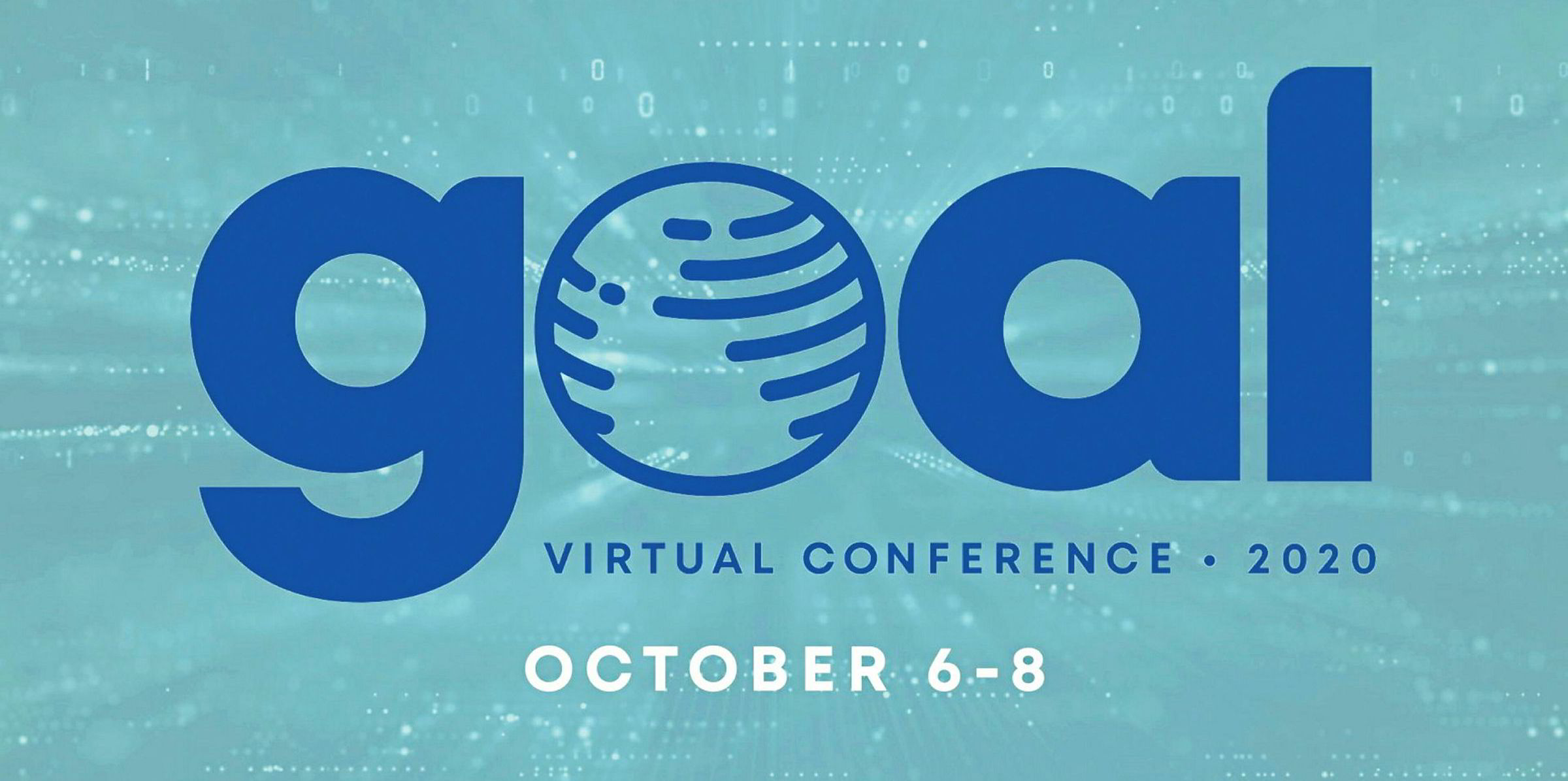Wednesday, Oct. 7 1:17 pm EST
Should retailers play a larger role?
Cargill Animal Nutrition Sustainability Director Dave Robb said it has been challenging to work from the bottom-up of the food supply chain and try to convince fish farmers to purchase more sustainable ingredients for feed because consumers may be willing to pay more for a product.
"When we’ve brought many innovations to market over the years, they’re not being taken up," he said. "Pushing them into the market doesn't achieve results, there needs to be a pull from the other side."
Helena Delgado Nordmann with UK retailer Tesco agreed that retailers have a very important role to play in ensuring sustainable feed alternatives are successful in the marketplace.
"The relative slow movement can be due to the lack of clarity and alignment of vision across the supply chain," she said. She added she is optimistic the industry is headed in a positive direction to roll out innovations quicker to better-meet sustainability targets.
- Rachel Sapin
---
Wednesday, Oct. 7,12:54 pm EST
Feed is a growing part of consumer conversation
Consumers interest in using sustainable feeds for aquaculture is on the rise, according to Helena Delgado Nordmann, responsible-sourcing manager for Tesco.
"Having the environmental impact of an average basket and comprehensive KPI (key performance indicators)" that will help consumers understand the real progress in all these main areas of focus.
-Rachel Sapin
---
Wednesday, Oct. 7,12:15 pm EST
Alternative feeds growing as seafood demand soars
Cargill Aqua Nutrition President Pilar Cruz said aquaculture production will need to more than double between 2010 and 2050 to meet growing demand for seafood. The company, which has 19 dedicated aquafeed mills in 12 countries, is one of the largest aquaculture feed providers.
Cruz said it is necessary to "provide a raw material basket that contains a wide range of sustainable raw materials," not just use fishmeal for products.
"We are not dependent on individual sources, but rather, we leverage a wide range of nutritional options," she said.
In 2019, Cargill increased the use of novel ingredients such as micro algae and insect meal to replace more traditional feeds in small volumes, "but production is growing as is the market," she said.
-Rachel Sapin
---
Wednesday, Oct. 7,12:00 pm EST
Tesco leader says customers expect 100-percent sustainability
Anna Turrell, who is head of environment with Tesco, noted "aquaculture ... has absorbed almost all of the growth" in the global seafood category in the past few decades.
And that the sustainability of fish feed is becoming increasingly important for Tesco customers who don't want to be "complicit" in harming the environment.
That's why the company plans to have all of its feeds used in the United Kingdom from verified deforestation sources by 2025, she said.
-Rachel Sapin
---
Wednesday, Oct. 7, 10:19 am EST
Retailer stuck with basics as pandemic began
The onset of the global pandemic earlier this year forced many retailers to scale back their seafood offerings.
"At the beginning we stuck with the basics as we navigated the pandemic, then later started looking for newer species," Delhaize Seafood Category Manager America Josanna Busby said.
"Anything value-added was uppermost in the mind."
The key to attracting consumers to seafood is thinking outside the box when it comes to recipes, said Sysco Corp's Seafood Category Director Tony Downs.
- John Evans
---
Wednesday, Oct. 7, 10:09 am EST
Restaurants 'will have to raise their game'
Now that consumers have learned how to cook seafood at home, restaurants may have to diversify their menu items to offer diners something different and more exciting to get their business, US Foods Senior Director, Category Management Jennifer Wandler said.
- John Evans
---
Wednesday, Oct. 7, 10:01 am EST
Sustainability, sustainable sourcing remain critical
The pandemic has highlighted the critical nature of strategic planning for sustainability and sourcing responsibility, said US Foods Senior Director, Category Management Jennifer Wandler.
Sustainability is just as important as it was before the pandemic began Delhaize Seafood Category Manager America Josanna Busby said.
- John Evans
---
Wednesday, Oct. 7, 09:55 am EST
Value-added seafood remains a big hit
Consumers responded well to seafood as the pandemic started, Delhaize Seafood Category Manager America Josanna Busby said during a panel discussion.
Retailers had to make seafood delivery friendly, while frozen options became a lot more consumer-friendly, US Foods Senior Director, Category Management Jennifer Wandler said.
"Value-added items continued to be the big hits,"Sysco Corp's Seafood Category Director Tony Downs said. "It was a bumpy road at the beginning but we have hit our groove."
- John Evans
---
Wednesday, Oct. 7, 09:43 am EST
Americans eating less meat, opening up opportunities for seafood
One in five Americans wanted to eat less red meat over the past two years, and fish and seafood is the number one alternative, said Changing Tastes Founder and Managing Director Arlin Wasserman said.
Demand for plant-based alternatives remains unchanged with consumers discouraged by pricing and complex labelling.
- John Evans
---
Wednesday, Oct. 7, 09:28 am EST
Retailers strive to retain new salmon business
Retailers are using online channels and co-marketing programs to try to retain new consumers attracted to eating salmon for the first time during the pandemic, said Spheric Research Founder Matt Craze.
"We found a common trend in other countries, people are cooking salmon at home in Canada, Brazil and the European Union."
- John Evans
---
Wednesday, Oct. 7, 09:28 am EST
US salmon sales almost unaffected by pandemic
Americans ate almost the same amount of of salmon during the pandemic, Spheric Research founder Matt Craze said citing Rabobank analyst Gorjan Nikolik.
"There was a complete shift towards retail and people started to cook at home."
Lower prices back at 2015 levels have boosted demand and brought new consumers of the fish, the analyst said.
- John Evans
---
Wednesday, Oct. 7, 09:20 am EST
Communication is vital in shrimp farming amid pandemic
Farmers have been reluctant to seed shrimp farmers without signals that they are going to be adequately rewarded.
This underlines the need for stronger communications in the industry, independent consultant Carson Roper said.
- John Evans
---
Wednesday, Oct. 7, 09:15 am EST
More than half of shrimp farmers skip production cycles
The COVID-19 pandemic led 57 percent of respondents to the GAA's annual survey to skip at least one production cycle, while 80 percent reported labor shortages, independent consultant Carson Roper said during a presentation.
Of those questioned, 73 percent experienced a degree of raw material shortages and 87 percent encouraged contracted farms to continue farming.
- John Evans
---
Tuesday, Oct. 6, 12:24 pm EST
Land-based aquaculture generating interest and investment
There is certainly a lot of interest and investments being made in land-based based aquaculture in the view of Kontali analyst Ragnar Nystoyl.
“The question is when it will be up and running at target capacities,” he said.
- John Evans
---
Tuesday, Oct. 6, 12:12 pm EST
Salmon adapts to COVID-19 landscape
Salmon and coldwater finfish production has really just continued as planned during the pandemic but there have been changes in logistics, processing and where fish is distributed, Kontali analyst Ragnar Nystoyl said.
Europe has continued to demand salmon, particularly at retail, a strong part of the market helped by product offerings and price, he said, adding the industry has the financial firepower to overcome higher airfreight charges caused by the crisis.
- John Evans
---
Tuesday, Oct. 6, 12:01 pm EST
Shrimp supply may struggle to keep up if the market recovers quickly
Trade shocks and the fall off in the demand from foodservice linked to the COVID-19 pandemic have combined to depress the shrimp market, Jim Anderson from the University of Florida said.
If demand recovers quickly in the next year, supply may not be able to keep up, he added.
- John Evans
---
Tuesday, Oct. 6, 11:44 am EST
Brazil may become tilapia exporter
Brazilian tilapia production is expected to surpass the 500,000-metric-ton mark next year, Rabobank analyst Gorjan Nikolik said.
"Brazil is consuming this internally but it has the potential to become an exporter."
- John Evans
---
Tuesday, Oct. 6, 11:32 am EST
Salmon supply shrugs off coronavirus crisis
Despite the COVID-19 pandemic, global salmon production is forecast to grow 3.6 percent this year but only 1.3 percent in 2021, Rabobank analyst Gorjan Nikolik said.
The analysts sees a 6 percent increase in production across the world in 2022.
- John Evans
---
Tuesday, Oct. 6, 11:23 am EST
Global shrimp recovery expected next year
In 2019 there was 1.5 percent growth in total global shrimp production, Rabobank analyst Gorjan Nikolik said.
Production across the world may fall 10 percent this year amid low prices but is expected to grow back 8.4 percent in 2021, he added.
"Expect another competitive year but probably demand will come back."
- John Evans
---
Tuesday, Oct. 6, 11:13 am EST
Southeast Asia to bounce back in 2021
After a strong period, declining growth in Southeast Asian shrimp production in 2019 and 2020 will be at least partially offset in 2021 as the industry recovers, Rabobank analyst Gorjan Nikolik said.
- John Evans
---
Tuesday, Oct. 6, 11:03 am EST
Mexico shrimp correction
Mexico will have a 10 percent "correction" in shrimp production this year and won't reach previous levels even in 2021, Rabobank analyst Gorjan Nikolik said.
Better feed and micro-financing are boosting growth rates in Brazil, and if the country continues at the current rate it will be a country to watch, he said.
After a strong decade for the Americas regions driven by Ecuador, the analyst sees a "slight correction" this year and a strong return to growth in 2021.
- John Evans
---
Tuesday, Oct. 6, 10:00 am EST
Welcome to GOAL!
Global Aquaculture Alliance's GOAL is being held virtually for the first time in its 21-year history.
GAA's Wally Stevens gave the opening remarks addressing the conference attendees, who have joined via the group's live steam.
The main topics over the next three days include antibiotic use in aquaculture and antimicrobial resistance in humans, seafood trading and marketing, and balancing sustainable food production with the health of humans and the planet.
More than 50 speakers, including top executives from Cargill, Rabobank, Tesco, US Foods, CP Foods, Minh Phu and more will be providing insight on major improvement in shrimp production practices and disease management, salmon farming innovations, processing and marketing, investment and feed sustainability.
You can visit this link to join the event, and the video below explains how to join and live-stream events:


